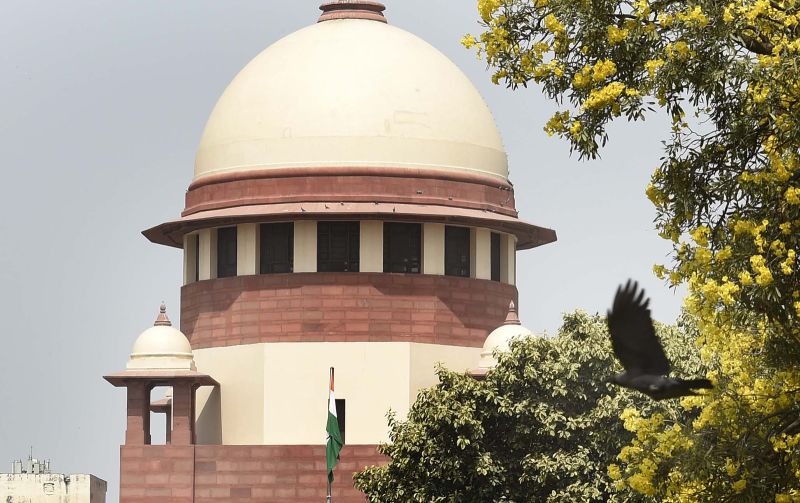Marriage is a holy unification that demands respect, understanding, and consent. However, there exists a monstrous and deeply tarnished aspect to this sacred bond in many societies, including India – the distressing act of marital rape. Unfortunately, as of now, marital rape is still not considered punishable under Indian law. The government has contended that amending laws to criminalize it could potentially be ‘excessively harsh.’
Reexamining the word ‘rape’, it is that heinous act of performing sexual intercourse, or any form of sexual penetration, without the explicit consent of the victim. Globally, consent is acknowledged as a standard prerequisite for any sexual interaction. However, in the context of marriage in India, this concept and basic human right, curiously seem to disappear in vagueness.
The legal sanctity of this seeming absence of consent is alarmingly provided by Section 375 of the Indian Penal Code (IPC). This section explicitly states that sexual intercourse or sexual acts by a man with his own wife, the wife not being under fifteen years of age, is not rape. This has essentially given a free pass to many men to perform forceful, non-consensual sexual acts on their spouses without any legal repercussions.
This uncannily regressive mindset regarding marital rape is bolstered by the Indian Government’s perspective on the issue. The argument that criminalizing marital rape would be ‘excessively harsh’ is predicated on the contention that probabilistic exaggeration and false allegations could wreck families and tarnish the sanctity of marriage.
While it is essential to mitigate false accusations, one must also emphasize protecting innocent victims suffering in silence. Complete denial or ignorance of the issue, due to the fear of a few false accusations, essentially forces numerous women to endure sexual violence daily. It is also worth noting that the possibility of false accusations exists for any crime and should be combated by a robust and fair legal procedure, rather than turning a blind eye to an entire category of violence.
Another dimension to this argument is the government’s assertion that the Indian societal fabric is so inherently strong that husbands will not exercise their privileges to engage in non-consensual sex. However, this notion is not just overly optimistic but also entirely inaccurate, considering the countless pleas for help and justice emerging from victims of marital rape.
Moreover, upholding such a view promotes the unhealthy notion that marriage entails an unspoken sexual consent, which can potentially encourage more such violence. This is wholly contrary to the UN’s Committee on Elimination of Discrimination against Women (CEDAW), to which India is a signatory, that strongly advocates the need for consent at every instance of sexual intercourse, regardless of the marital status of the people involved.
Refuting these claims, many activists and legal scholars propose counter-arguments around greater legal literacy, media exposure and assertive law enforcement to mitigate potential misuse of a law criminalizing marital rape. Besides, the society’s mindset should be moulded through focused education programs and awareness drives about the importance of consent in a marital relationship.
It is high time that the Indian legal system recognizes the issue of marital rape, treating it as seriously as any other form of sexual violence. This is not just about amending a law but about acknowledging the vicious violation of the personal boundaries and rights of an individual. Marriage should never serve as a cover or carte blanche for sexual assault; it must symbolize mutual respect and consent. Such a legal reform could bring significant social change, aiding in the fight against gender inequality and promoting respect for individual autonomy within marriage. While changing this law might seem ‘harsh’ to some, it is unquestionably essential in upholding human rights and dignity.




